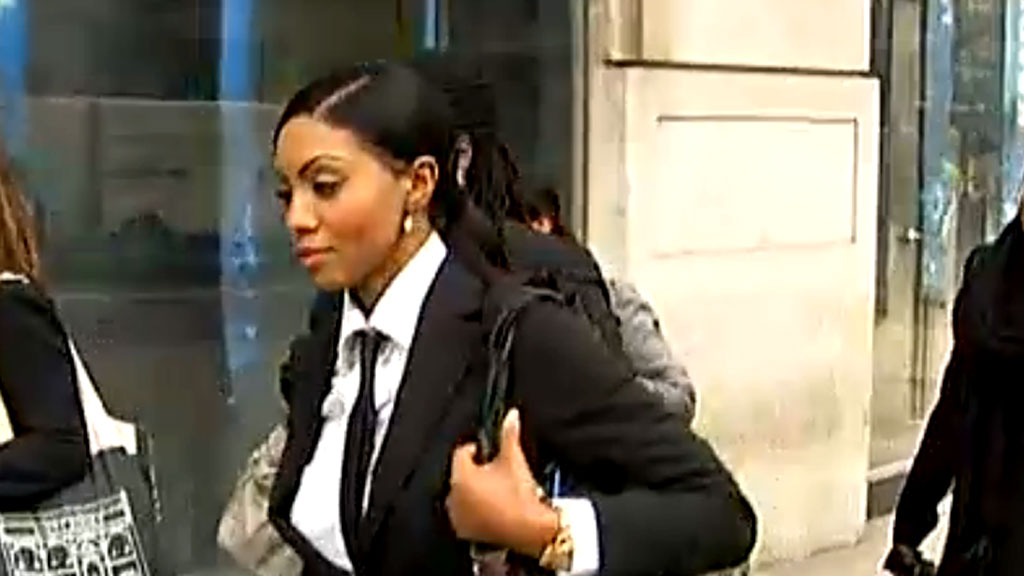Culture of fear at Metropolitan Police
A two-year investigation into the Metropolitan Police’s treatment of female, black, minority ethnic and gay officers has uncovered a culture of fear, significant weaknesses in handling discrimination complaints and a general reluctance within the force to admit mistakes and apologise.
The Equality and Human Rights Commission set up the inquiry into unlawful harassment and victimisation of employees following the case of firearms officer Carol Howard.
An employment tribunal found she was the victim of race and sex discrimination and that she’d been “singled out and targeted” for a year.
The EHRC report calls for changes in the law and the way the Met handles internal complaints of discrimination.
It singles out the force’s “painful history£ around discrimination as a key reason for poor handling of race cases. It states there is a widely held expectation among officers and staff that if you make a complaint you will be victimised.
One black officer is quoted as saying: “So individuals are living, if you like, in a culture of fear of raising their head above the parapet because if they do then they might as well consider leaving their career behind or not going to get promoted or they will be disciplined through no fault of their own other than having the courage to say actually this is wrong …”
But the Commission says it was not possible to conclude that some complainants including Ms Howard were unlawfully victimised, in spite of the tribunal’s findings.
Ms Howard’s lawyer Lawrence Davies described the report as a “whitewash”. He said “it was as though her case had never happened. and that EHRC had failed to deal with the underlying problems”.
The Metropolitan Police said it welcomed some of the findings but was criticial of others.
Deputy Commissioner Craig McKay said: “After nearly two years of investigation, the EHRC has confirmed that they have found no evidence of any unlawful acts in how the Met responds to staff grievances and complaints linked to discrimination or any evidence of systemic victimisation.”
He blames Home Office regulations for the reluctance to apologise.
He says many of the Commission’s findings emerged in a previous ACAS review and adds: “We have agreed to develop an enhanced plan to tackle the perceptions of victimisation identified by the ACAS report. The widespread belief that those that complain will be victimised is undoubtedly the most troubling aspect to have emerged from this work.”
Follow @simonisrael on Twitter
